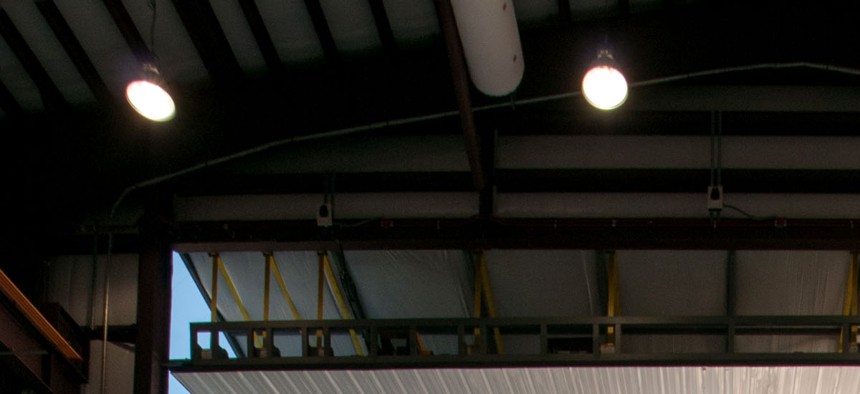
The Falcon 9 AsiaSat is one of SpaceX's vehicles. SpaceX
SpaceX Settles With the Air Force, Smoothing the Way for Competition in Spy-satellite Missions
Elon Musk’s rocket company announced a settlement with the Air Force Monday.
In the end, it took John Ashcroft to get the Air Force and Elon Musk to play nice together.
SpaceX, Elon Musk’s rocket company, announced a settlement with the Air Force, ending a lawsuit that accused the military of unfairly awarding an $11 billion launch contract to United Launch Alliance, a Boeing-Lockheed Martin joint venture that is the sole contract provider of space access to the US military.
The government is the world’s largest spender on space access, so its contracts remain a key point of competition for space companies already battling for private satellite business. SpaceX had expected to win out over ULA to put military satellites—and drones—in orbit because of its significantly lower launch costs. But SpaceX was disappointed, and many observers were surprised, when a last-minute decision awarded 36 launches to ULA in a single deal.
Musk upset government officials by bringing a lawsuit accusing the military of breaking a promise to allow competition for the launch contracts. Musk even suggested that an Air Force official had been given a job after the awarding of a contract to ULA. ULA has dismissed such allegations, pointing to an industry-leading record of reliability, but at the same time it is shaking up its strategy under a new CEO to help lower costs.
In July 2014, the judge in the case ordered the parties into mediation. The mediator turned out to be John Ashcroft, who served in US president George W. Bush’s administration as the US attorney general.
In an order rejecting ULA’s motion in early January to dismiss the case, the court said the Air Force agreed to delay decisions to award new contracts to gain more time to reach a settlement with SpaceX. The settlement was official when SpaceX withdrew its suit on Jan. 23. While the details remain sealed, the settlement hinges on SpaceX completing the process of having its launch vehicle certified to deliver satellites for military use, and being allowed to compete for future Air Force contracts.
While the lawsuit failed to re-open the competition for ULA’s block-buy contract, it does seem to have eased SpaceX’s way into the lucrative spy-satellite business.
NEXT STORY: How to Kick-start Your Career







